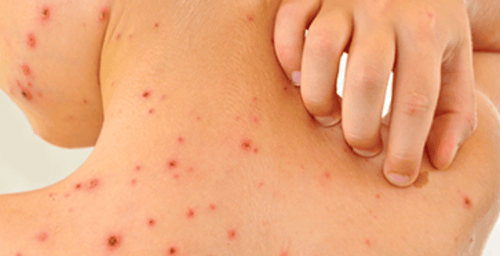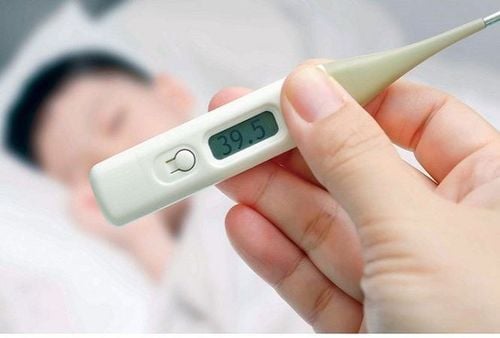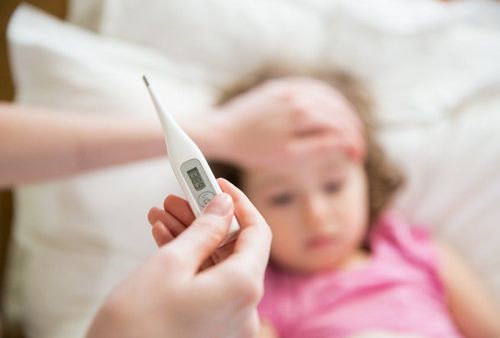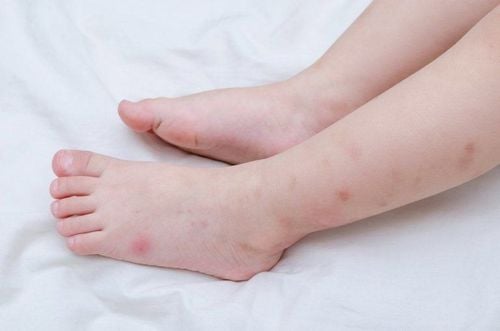Dengue fever is a very common infectious disease that typically peaks during the summer months (April to October each year). This disease is present in almost all provinces across the country, but there is currently no specific treatment or vaccine, so patients are at risk of death if not timely diagnosed and treated. So, when is the most dangerous phase of dengue fever?
1. How Long is the Incubation Period for Dengue Fever?
In Vietnam, dengue fever is very common and is caused by the Dengue virus. The disease typically peaks during the rainy season each year when mosquitoes proliferate.
The main carrier of dengue fever is the Aedes aegypti mosquito. When a person is bitten by a mosquito and the virus is transmitted into their body, they will go through a certain period called the asymptomatic incubation period before the dangerous phase of dengue fever manifests. So, how long is the incubation period for dengue fever?
The incubation period is the time the body produces antibodies to fight the Dengue virus. Only when these antibodies are not produced in sufficient quantities to combat the virus do the symptoms of dengue fever appear.
According to research, the incubation period for dengue fever lasts about 4 to 7 days, with some cases extending up to 14 days. However, the incubation period for the Dengue virus can vary, being shorter or longer depending on factors such as the patient's physical condition, resistance to the virus, or age…
During the incubation phase, tests cannot easily diagnose the Dengue virus or distinguish it from other common viral illnesses like the flu.
The asymptomatic incubation period can be prolonged, so many patients do not realize they are infected and continue their normal activities. This inadvertently helps the virus spread to the community, leading to outbreaks between infected individuals and healthy ones.
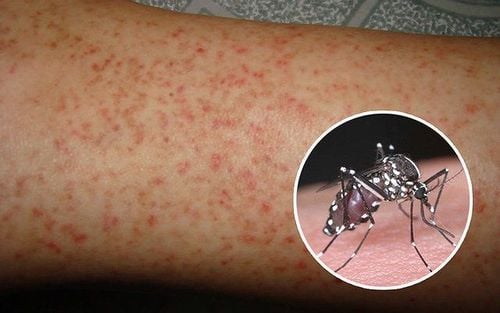
2. Stages of Dengue Fever Progression
2.1. Fever Stage
After the incubation period, the patient will experience a fever lasting about 3-5 days. The patient may have a high fever of 38-40 degrees Celsius, continuous, with poor response to fever reducers, and other viral symptoms such as headaches, eye pain, and muscle aches all over the body.
2.2. The Critical Phase of Dengue Fever
The critical phase of dengue fever occurs from the 4th to the 7th day after the patient shows fever symptoms. At this time, the patient may have a reduced fever or no fever at all, leading to a subjective mindset, not going to the hospital for treatment, making the disease more dangerous.
The critical phase of dengue fever includes severe symptoms such as increased vascular permeability causing plasma leakage into the interstitial tissues, pleural effusion, ascites, an enlarged painful liver, and reduced urine output.
The most severe condition is Dengue shock syndrome due to severe plasma leakage and untreated symptoms such as restlessness, irritability, agitation, or coma, cold hands and feet, and clammy skin.
Upon arrival at the hospital, symptoms such as rapid, weak pulse, low or undetectable blood pressure, and difficulty in measuring blood pressure may be observed. Besides shock, the critical phase of dengue fever also presents with severe conditions such as severe coagulopathy and multi-organ failure like liver and kidney failure.
After the fever subsides, patients are often subjective even though they are in the critical phase of dengue fever, especially on the 5th and 6th days, leading to severe consequences, even death.
Therefore, when detecting the above signs, it is crucial to go to medical facilities for accurate diagnosis and appropriate treatment for each patient.
2.3. Recovery Phase
After the critical phase of about 24-48 hours, dengue fever enters the recovery phase as the plasma is gradually reabsorbed from the interstitial tissues into the bloodstream.
This phase usually lasts about 3-4 days. The patient's general condition improves gradually, with no fever, stable vital signs, and the patient starts feeling hungry.
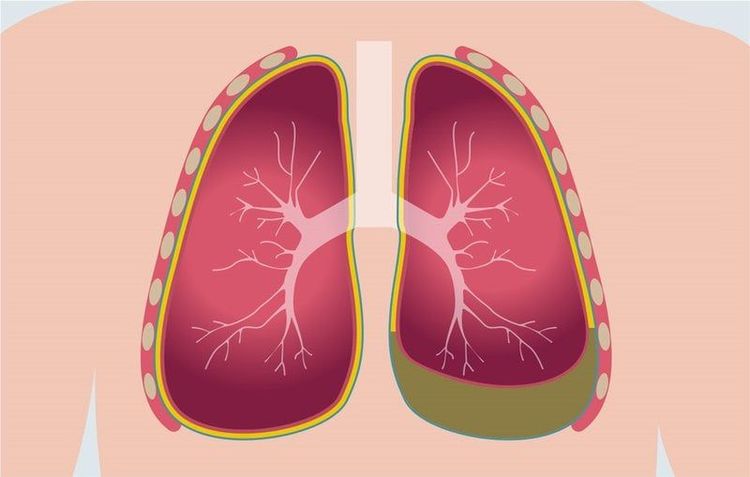
3. Dangerous Symptoms of Dengue Fever to Note
Dangerous hemorrhagic symptoms appear under the skin, mucous membranes, and internal organs.
- Subcutaneous hemorrhage: Petechiae or purpura scattered, most commonly on the front of the legs, inner arms, abdomen, thighs...
- Mucosal hemorrhage: Manifested by nosebleeds, gum bleeding, hematuria, prolonged menstruation, or early menstrual periods;
- Internal hemorrhage: Such as gastrointestinal bleeding, cerebral hemorrhage due to severe coagulopathy, which are severe complications of dengue fever;
- Besides shock from severe plasma leakage, patients may also experience other severe complications such as severe hepatitis, kidney failure, encephalitis, myocarditis...
- Apart from clinical signs, laboratory tests also help diagnose the severity of dengue fever:
- Increased hematocrit;
- Decreased platelet count;
- Elevated liver enzymes AST, ALT;
- Severe cases may show coagulopathy.
- Ultrasound or X-ray may show pleural effusion or ascites.
Dengue fever can manifest in various degrees from mild to severe and even lead to death if not treated promptly. Therefore, when detecting unusual signs, patients need to go to medical facilities for appropriate treatment.
4. Common Mistakes When Suffering from Dengue Fever
4.1. Subjective Mindset
Dengue fever is classified into three levels: mild, with warning signs, and severe. Some mild patients can be treated as outpatients but need regular follow-up according to the doctor's schedule as the condition can worsen at any time.
Dengue fever with warning signs and severe dengue fever require hospitalization for treatment and close monitoring. Therefore, if the patient is treated as an outpatient or has been diagnosed with dengue fever, they should not be subjective but need to follow the doctor's appointment schedule to detect severe complications and receive appropriate treatment.
4.2. End of Fever Means Recovery
The most dangerous phase of dengue fever is when the patient has just ended the fever. Therefore, the completely wrong mindset of the patient is that the end of fever means recovery, not going to medical facilities for treatment.
This leads to many unfortunate consequences as severe complications occur, seriously affecting the patient's health. Therefore, even if the fever subsides, patients still need close monitoring to minimize complications.
4.3. A Person Can Only Get Dengue Fever Once in a Lifetime
The Dengue virus has four serotypes, denoted as D1, D2, D3, D4, and each type can cause the disease similarly. Immunity formed after a viral infection only provides protection against each specific type.
Therefore, theoretically, a person can get dengue fever multiple times in their lifetime caused by different types.
Dengue fever is a dangerous disease with various symptoms. The disease is even more dangerous when the end of fever also coincides with the most critical phase. Therefore, patients should not self-treat dengue fever at home but should visit medical centers for examination and follow the specialist doctor's instructions and monitoring.

Please dial HOTLINE for more information or register for an appointment HERE. Download MyVinmec app to make appointments faster and to manage your bookings easily.




